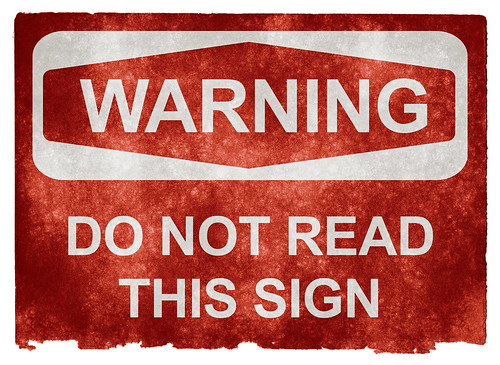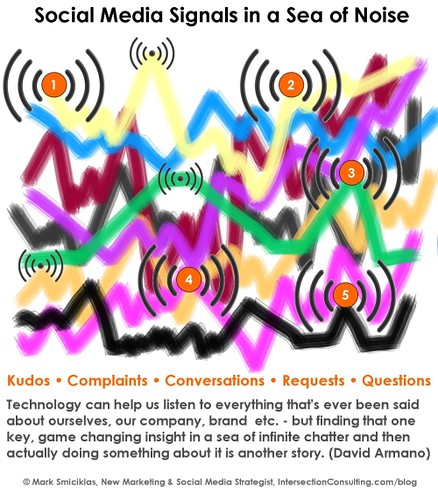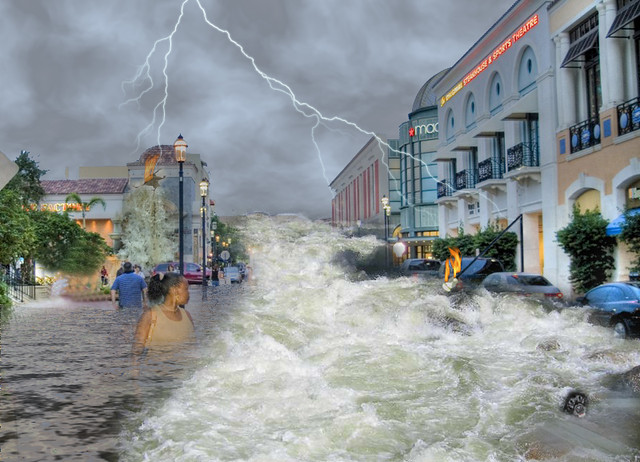 Activism is very trendy on social media and in social networks. Someone in your network, I’m sure, is intent on saving something – be it trees, wildlife, the environment, some poor misunderstood politician, or something else. Everyone.
Activism is very trendy on social media and in social networks. Someone in your network, I’m sure, is intent on saving something – be it trees, wildlife, the environment, some poor misunderstood politician, or something else. Everyone.
It gets to be too much and borders on defamation (or jumps solidly on it) at times. For example, imagine a posting of the rear of a car with accompanying text, “This person threw a bag of kittens on the ground and drove off!”. Horrible, right?
Now imagine that the pictured car is yours. “Wait!”, you’ll say, “But I didn’t do that!” And social media will roar back, “No, no, you did, you’re being dishonest!”
Let’s assume good. Let’s say it wasn’t you. Not very brilliant of the person who started that meme, was it? We forget to question what we see and hear on social media, we refuse to ask questions, and we go with the flow. A few of us unpopular folks take a moment and make a decision whether it merits sharing, but most people don’t seem to have enough brain cells to have that conversation in their brain.
People have died over that stuff when it comes to bombings and other things. I’m waiting for the lawsuits to start rolling in.
In Trinidad and Tobago, there are people posting about hunting out of season, selling animals illegally, etc. The system is allegedly corrupt – I don’t know firsthand, so I say alleged because I have to be responsible for what I write and share. That reporting to authorities has not netted any arrests is frustrating, I imagine – but, too, there’s a lot of frustration about crime and what is popularly seen as the inefficacy of law enforcement.
Be that as it may, it has become trendy to re-post things where people appear to be doing things illegally. Selling monkeys, for example. In a perfect world, one would send that to the authorities and the authorities would do their jobs… and people would get arrested. This, allegedly, is not working, so instead this stuff gets re-posted, shared across networks…
And of course, everyone’s upset, and the only thing that can compete with cute animal videos is what people are upset about. Now take a moment. This guy, because people are upset with him, got his post to go viral. Speculation – if he had monkeys to sell, he was more likely to find a buyer. And, if he has a brain, he’ll learn not to post such things where authorities might start paying attention and prosecuting people.
If authorities do actually want to do something, they’re now trying to find someone who may well know that he’s been made. With just enough brain cells, he ducks it and learns his lesson.
In so many ways, re-posting things can be counter-productive to the intended result.
Think first. Post later.
Having good intentions is not enough, and never will be.





